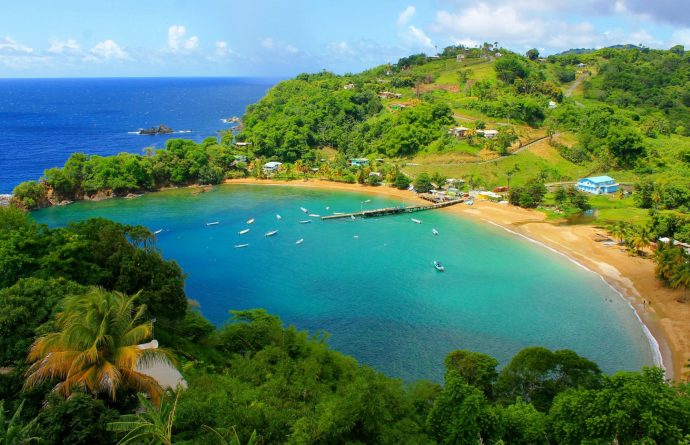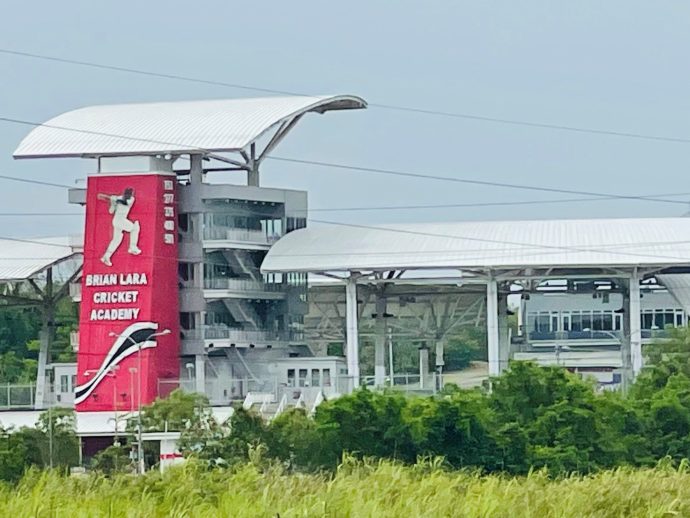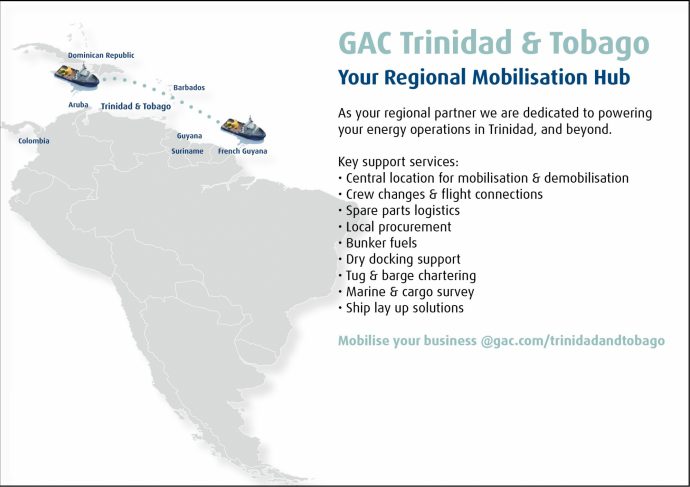The island of Trinidad is blessed with three powerful drawcards for business. The first is its well-established energy infrastructure (oil was discovered there in 1910), which provides both its dominant revenue source and is a magnet for technical and management talent.
The second is its location: outside its own waters, there are key petroleum developments going on in nearby Guyana and Surinam.
Third, it is a stable democracy where the rule of Law, and Governance requirements, are enforced, creating a stable platform for investment.
What about Tobago?


The island of Tobago lies north-west of Trinidad and together they make up the Republic of Trinidad and Tobago. The two islands play distinct roles in the life of the Republic. Put simply, Trinidad is immersed in business and government while Tobago is where the tourists go. It has better beaches, nicer golf courses and a more calypso style. The islands thus combine the best of the Caribbean: displaying the competencies of a long-time energy exporter and international player with the warmth and welcome of a holiday resort.
Mind your Laras!

An Energy hub
As the oilfields of Guyana and Surinam develop, the need for support services grows. Equipment and expertise need to be delivered in large amounts. Those locations are newly-minted and lack much of both. Trinidad, on the other hand, has plenty of both, plus helpful air links and ports. It is a base for operations, a place to store kit and kaboodle, to locate key personnel, and to conduct the complex administrative and technical work that underlies all exploration and production ventures in the region.
Beyond energy
The disciplines involved in delivering services to energy clients are strict and relentless. There is scant margin for error. Such disciplines set a baseline for the conduct of all business affairs in the region, going well beyond the energy sector. All vessels are lifted by a rising tide, so the wider business community benefits too. Whether it is imports (lots of them) or exports (mostly petroleum products), the country has acquired a service attitude. It is geared to deliver.
Local know-how
Trinidadians are comparatively rich, well educated, and skilled in the many tasks needed to deliver energy and other business services. But note this: they will never surrender their right to party. Locals do good work and are highly productive when they are at it. But the purpose of Trinidadian life is not to work but to play. Lyming (partying/hanging out) is mandatory. Parties will often be long and boozy. There will be laughter. And yes, there will be music (Calypso music originates from here) and dancing (the limbo is a local invention). The challenge for any manager is how to limit the lyming to the weekends.
Nevertheless, Trinidad people know where their bread and butter (and beer) come from, and business generally works well. Necessary things get done and deadlines are usually met. The legal system is slow but steady. Indeed, all business seems to proceed to a steady, reliable rhythm that sways a little.
The future
Politics and climate change will inevitably influence the fate of the energy sector in the region. Right now, the world still needs the product and developments are proceeding apace. With a central base in Trinidad and operational branches in Guyana (and soon Surinam), GAC is already hard at work channelling people and goods to where they are needed – and repatriating them when they’re finished.
This hub has already shown its value and is destined for further growth. Eventually however, the world will shake off its addiction to fossil fuels. Then it will be time for Trinidad to cool its heels and look to other forms of enterprise. But perhaps first it will take a break on the white sands of nearby Tobago.
